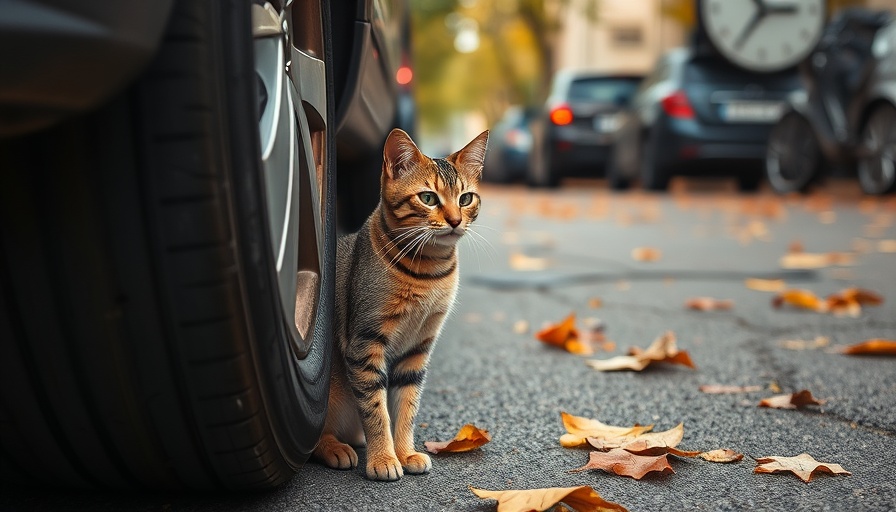
What to Do Immediately After a Cat Accident
The sight of a cat getting hit by a car is alarming and traumatic, not only for the feline but also for its owner. While we can take steps to avoid such unfortunate incidents, knowing how to react when it happens is crucial. The first and foremost step is to remain calm, as your emotional state can significantly affect your cat's perception of the situation. Cats are sensitive creatures, and your anxiety can inadvertently escalate their stress.
Assessing Your Cat's Condition
Before deciding how to transport your injured cat, conduct a quick but careful assessment. Start by checking their responsiveness. A conscious cat will be actively aware of their surroundings or may respond to your voice or touch. It's also important to evaluate their breathing: observe their chest movements and check if their breathing is even and non-labored. If their gums appear pale, blue, or purple, this indicates a dire emergency requiring immediate veterinary attention.
How to Transport Your Cat Safely
When you're ready to transport your cat, ensure they feel secure. Gently wrap them in a soft blanket or towel to limit movement and avoid causing further injuries. If possible, have someone accompany you to the vet. This individual's role can be vital in gathering any pertinent details while you focus on caring for the cat. Explain to the vet all the specifics of the incident, including how the accident occurred and any visible injuries.
The Role of Veterinary Intervention
Immediately communicating with the veterinary hospital before arrival can save precious time. Provide them with crucial information about your cat's condition—this allows them to prepare for your arrival and understand the level of care your pet will require. Time is of the essence, and by having the veterinary staff alerted, your cat can receive prompt treatment upon arrival.
Understanding Potential Outcomes
It’s essential to be prepared for varying outcomes. Cats can survive serious accidents, but survival chances depend on factors like the severity of injuries and the overall health of the cat before the incident. Always remember that having your cat evaluated by a veterinarian, regardless of how minor injuries might appear, is crucial in ensuring their long-term health and well-being.
Creating Awareness and Taking Precautions
Lastly, educating yourself on precautions to prevent future accidents is vital. Consider tips like keeping your cat indoors during peak traffic times and utilizing collars with bells or reflective materials to increase their visibility. Reflecting on how to create a safe environment for your pet can significantly reduce the likelihood of such events.
Pet parents, knowing how to act in emergencies is invaluable, and understanding what to do if your cat has been hit by a car can make a difference in saving a life. Take the time to educate yourself on pet first aid, stay informed, and remain proactive in your cat’s safety.
 Add Row
Add Row  Add
Add 




Write A Comment